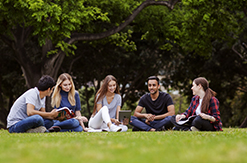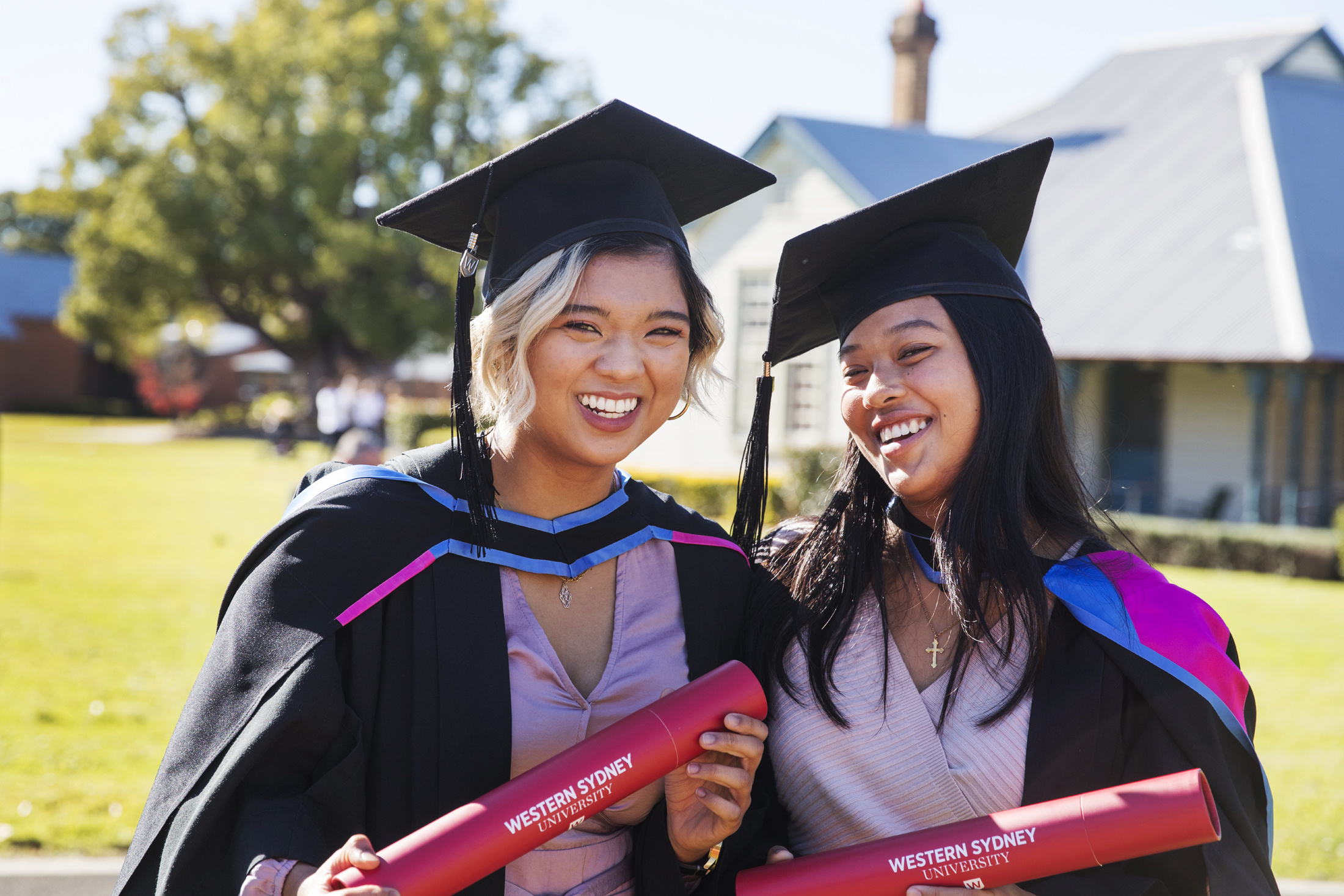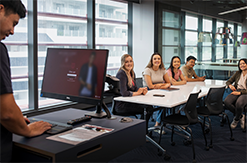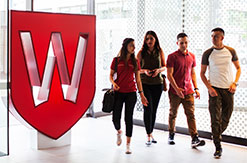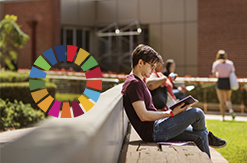Leading new cutting edge curriculum
Western Sydney University has acknowledged the responsibility through our teaching and learning to equip the next generation of leaders, innovators and thinkers to understand the global challenges facing the world and the role they can play in rising to meet these challenges.
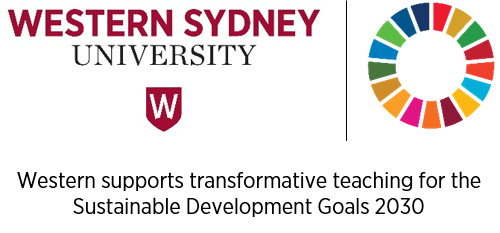
At Western, we make three areas of distinction regarding sustainability education:
- Education for Sustainability: Education for Sustainability (or EfS) is the pedagogical approach that encompasses transformative learning, values and worldviews, systems and complexity thinking, envisioning a better future, and becoming change-makers (Bedi & Germein, 2016). Learning for EfS is transdisciplinary, collaborative, participatory and action orientated. Pedagogies that create sustainability capabilities needs to be included explicitly as part of the curriculum to develop sustainability literate graduates.
- Education about the SDGs: Education about the UN Sustainable Development Goals (SDGs) is content-related. This type of content engagement is ‘learning about sustainability’. It allows for our students to recognise the 17 SDGs (or at least ones specifically relate to their discipline) and to learn about and understand their larger global framework and purpose as well as the complexity of what this entails at a global and national level.
- Education that contributes to the SDGs (or a singular SDG): These are programs and specific learning activities that contribute to the intent of the SDGs, or a singular SDG. These allow students to acquire the knowledge and skills needed to promote sustainable development, usually in their discipline.
Western offers learning opportunities that sit across all these areas and we have identified a list of programs and specialisations that support and intersect across all three of these areas.
SDG Commitment
In becoming an educational signatory to the SDSN Australia, New Zealand and Pacific Initiative, Western is committed to support and promote the principles of the SDGs through our teaching, research, campus operations and outreach.
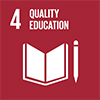 Our curriculum work is aligned to SDG 4.7: By 2030, ensure that all learners acquire the knowledge and skills needed to promote sustainable development, including, among others, through education for sustainable development and sustainable lifestyles, human rights, gender equality, promotion of a culture of peace and non-violence, global citizenship and appreciation of cultural diversity and of culture’s contribution to sustainable development.
Our curriculum work is aligned to SDG 4.7: By 2030, ensure that all learners acquire the knowledge and skills needed to promote sustainable development, including, among others, through education for sustainable development and sustainable lifestyles, human rights, gender equality, promotion of a culture of peace and non-violence, global citizenship and appreciation of cultural diversity and of culture’s contribution to sustainable development.


